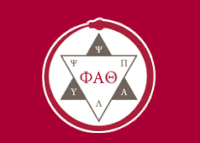Abstract
My research project focuses on the Free Thai movement that emerged in America. Based on an analysis of a variety of primary sources, particularly declassified wartime documents and memoirs of Free Thai members, it seeks to explain the nature of this movement: what determined its course as well as outcome? Because the Free Thai was a liberation movement, one generally assumes that it was an organization of a military nature. While that is somewhat true, my research shows that the Free Thai movement was fundamentally characterized by political elements. There are two factors which have already been established in Free Thai historiography as the most important factors that shaped the movement: its members’ desire to restore national sovereignty and the support of the Allies. However, a close examination of the Free Thai mission in China in 1943 reveals a powerful undercurrent. Interpersonal politics within the movement, shaped by sociopolitical realities at home, not only greatly influenced the organization itself, but was also intimately linked to the Allies’ effort to liberate Thailand. The Allies’ involvement was determined by inter-Allied politics, their interests in Thailand, and their perceptions of Thai politics. On the other hand, the dynamic between the members of the Free Thai movement was characterized by mistrust and political paranoia, rather than personal ambition or party politics. These elements dictated the fate of the movement as well as of postwar Thailand.
Recommended Citation
Maleenont, Nobchulee
(2010)
""No God-Damned Thailander Can Be Trusted to Do a Job Without Getting Political Minded": The Free Thai Movement and the Politics of Independence During World War II,"
Voces Novae: Vol. 2, Article 12.
Available at:
https://digitalcommons.chapman.edu/vocesnovae/vol2/iss1/12


